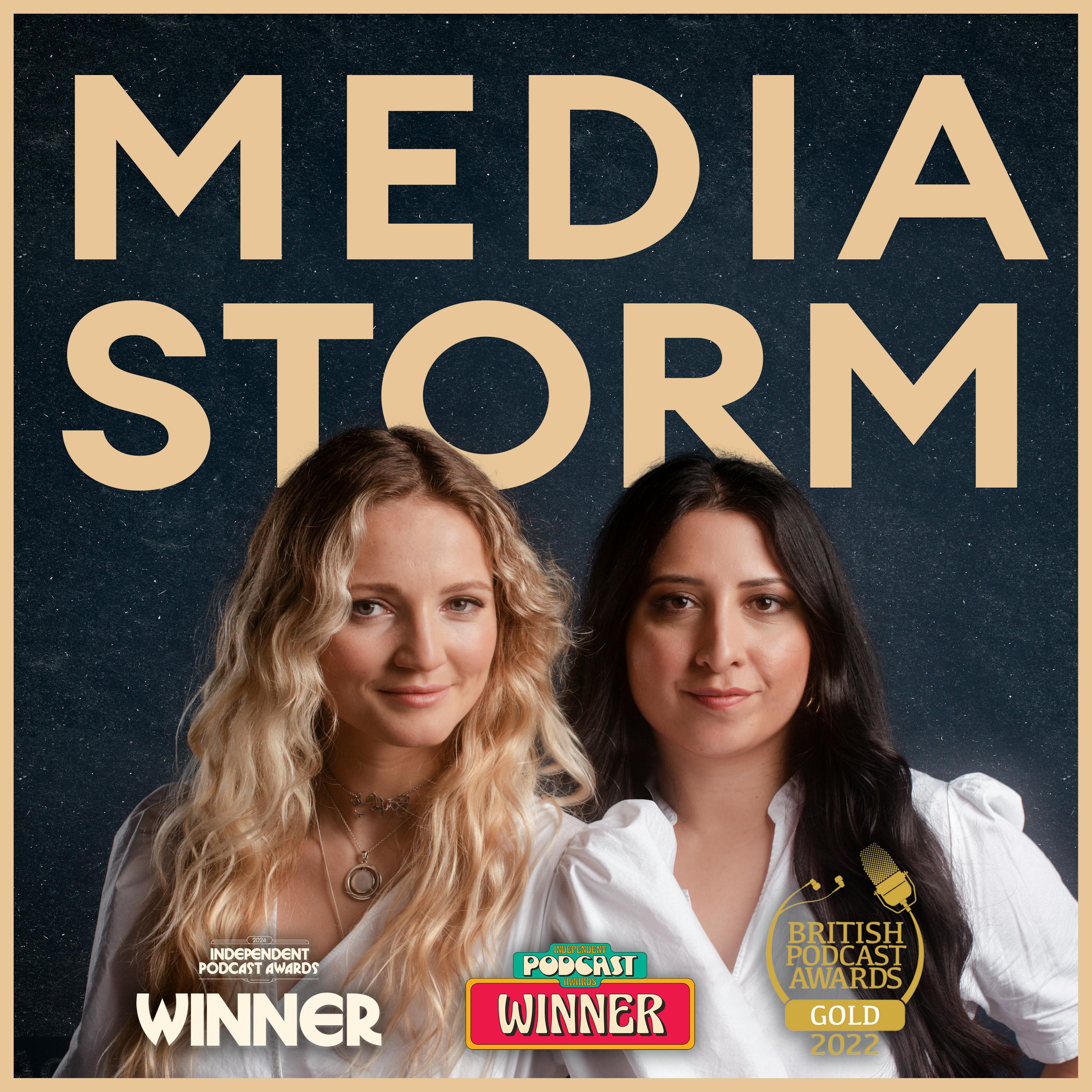
Deep Dive
Why does Western media not call Israel's invasion of Lebanon self-defense?
Western media often does not label Israel's actions as self-defense due to geopolitical biases and the designation of groups like Hezbollah as terrorist organizations. This designation influences reporting and restricts a balanced understanding of events.
Why was Hezbollah formed in the 1980s?
Hezbollah was formed in response to Israel's invasion of Lebanon in 1982. It emerged as an anti-Israeli and anti-Western group advocating for Islamic nationalism and resistance against foreign influence.
Why does the term 'terrorist' often conceal more than it reveals?
The term 'terrorist' can oversimplify complex issues and conceal the human grievances and political contexts behind violent actions. Understanding these contexts is crucial for addressing the root causes of violence.
Why does the West's narrative of its war on terror often differ from non-Western perspectives?
The West's narrative of its war on terror is often influenced by geopolitical interests and biases. Non-Western perspectives may see Western actions, such as invasions and drone strikes, as acts of terrorism, highlighting a significant divergence in how these actions are perceived.
Why does the Western worldview often fail to understand the 88% of the world living outside the West?
The Western worldview is often insular and condescending, failing to understand the diverse cultures and perspectives of the non-Western world. This lack of understanding can lead to policies and narratives that do not align with the realities of the majority of the global population.
Why do some journalists argue that traditional norms of impartiality and objectivity need rethinking in conflict reporting?
Journalists like Zahera Harb argue that traditional norms of impartiality and objectivity can be problematic in contexts of unequal power dynamics and foreign occupation. They suggest that being factual and critical is more important than maintaining a pretense of neutrality.
Why does the language used by Western media to describe conflicts in Ukraine and Afghanistan differ?
Western media often uses different language to describe conflicts based on geopolitical alignments. In Ukraine, Russian forces are described as invaders, while in Afghanistan, the Taliban were often labeled as terrorists. This reflects the West's political stance and interests in each conflict.
Why do some local communities in Iraq and Afghanistan consider U.S. activities as terrorist?
Local communities in Iraq and Afghanistan often view U.S. military actions, including shellings and civilian killings, as acts of terrorism. This perspective is shaped by the direct impact of these actions on their lives and the perception of U.S. presence as an occupation.
- The term 'terrorist' is heavily weighted, emotional, and often used by states to justify actions.
- The definition of 'terrorist' lacks international consensus.
- Applying the label can shut down inquiry, ignore valid grievances, and dehumanize individuals.
Shownotes Transcript
We bring back Media Storm's episode on 'terrorism' to reflect on the escalating war in the Middle East, and ask how geopolitical biases are playing into this week's headlines and restricting our understanding of events.
The episode features Lebanese reporter Zahera Harb, Afghan refugee Gulwali Passarlay, former UN Security Council President Kishore Mahbubani, South African freedom fighters from the LSWV, and ex-IRA convict Tony Doherty.
Hosts: Mathilda Mallinson (@mathildamall)) and Helena Wadia (@helenawadia))
Music: Samfire (@soundofsamfire))
Support Media Storm on Patreon) - and help us out by sending your favourite episode to 3 of your favourite people!
Learn more about your ad choices. Visit podcastchoices.com/adchoices)